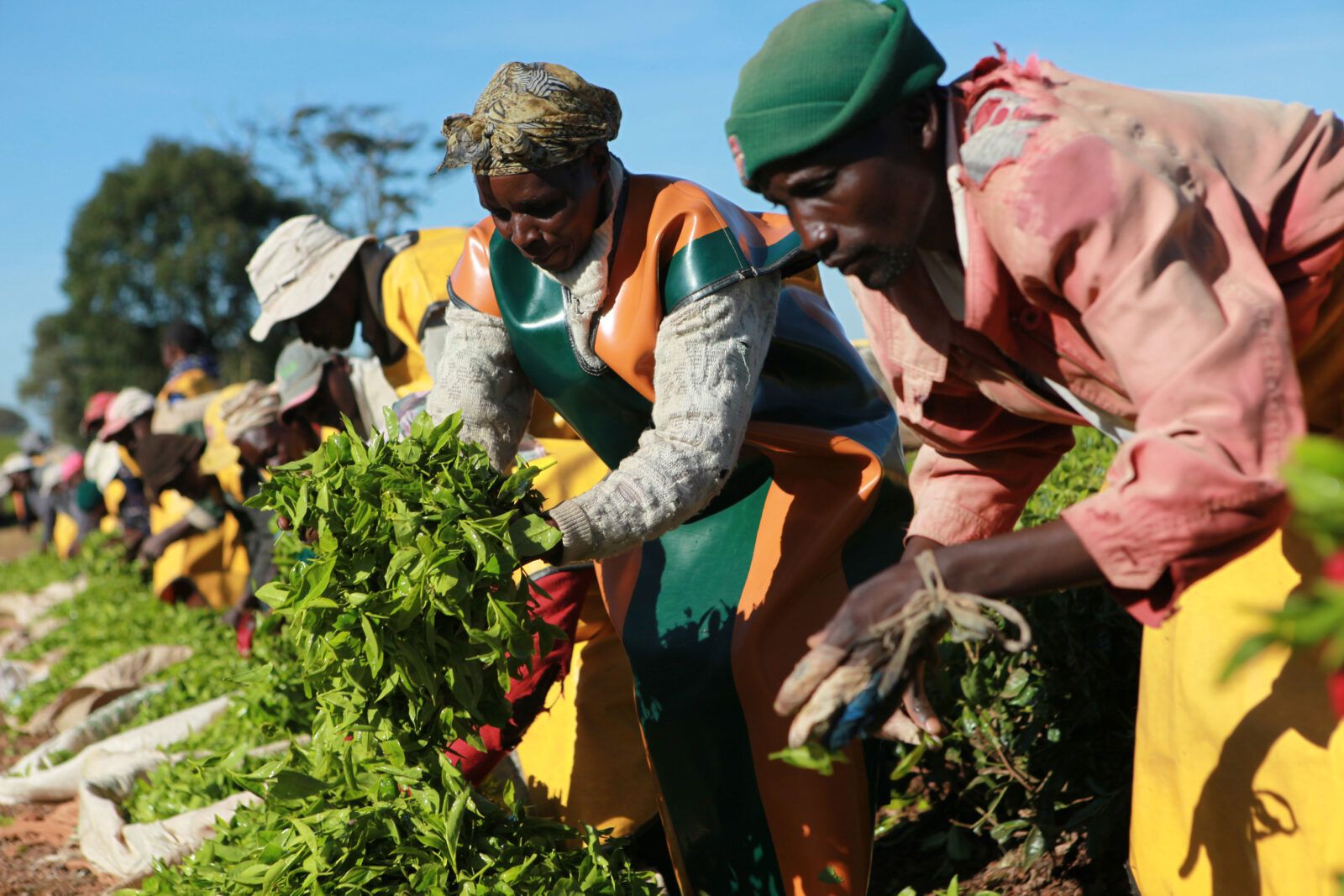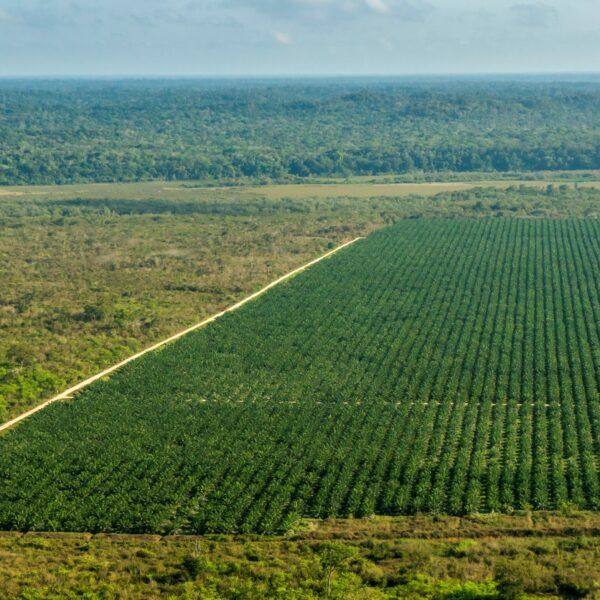Today, company due diligence is more important than ever before. The climate crisis and a growing awareness of human rights abuses have triggered a wave of new due diligence and disclosure legislation that is making sustainability a matter of legal compliance. The German Supply Chain Act, which went into effect in January 2023, is one critical example. The law requires companies with more than 1,000 employees based in Germany, as well as foreign companies that do business in the country, to take steps to identify and prevent human rights and environmental violations in their supply chains.
At the Rainforest Alliance, we have long advocated for mandatory due diligence legislation. Not only does it send a powerful signal to companies and help level the playing field for those already doing their part, but it also promotes a culture of continuous improvement and provides momentum for sector-wide collaboration. Our human rights and environmental due diligence approach aligns with international frameworks and best practices, including the ILO conventions, the UN Guiding Principles on Business and Human Rights, and the OECD Guidelines for Multinational Enterprises. While the responsibility to conduct due diligence remains with companies themselves, the Rainforest Alliance can help businesses meet requirements through our certification program and tailored supply chain services.
How Rainforest Alliance certification helps companies meet due diligence requirements
The German Supply Chain Act covers eight requirements, spanning preventive measures and risk management to grievance mechanisms and remediation.
Here’s how our certification program can help companies fulfill each requirement:
Rainforest Alliance supply chain services for targeted company due diligence support
While Rainforest Alliance certification goes a long way in helping companies meet due diligence requirements, our supply chain services are also a good option for companies looking for tailored support. Services include risk mapping and supplier engagement to identify risks and opportunities in a company’s supply chain, monitoring and evaluation support for on-the-ground investments, and collaborative field interventions that deliver impact and catalyze change. Learn more about how our teams can help your company embrace and implement the key elements of due diligence and meet the requirements of the German Supply Chain Act.




